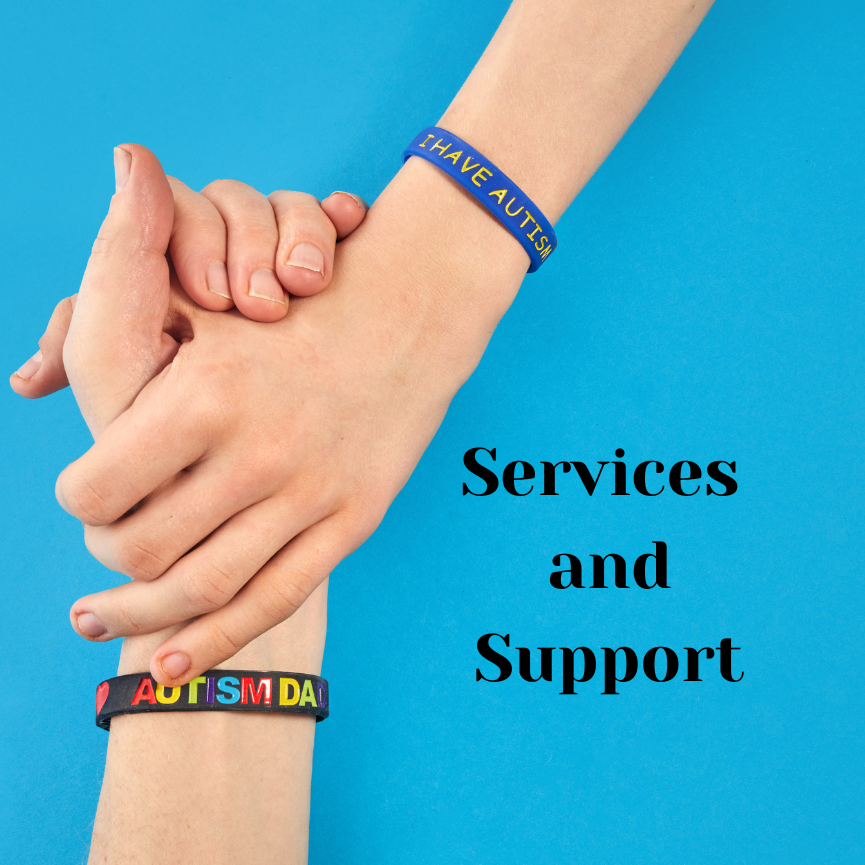
- May 09, 2024
- 136 Views
- 0 Comments
Essential Guide To Autism Services And Support In India
Autism Spectrum Disorder (ASD) is a complex neurodevelopmental condition that affects millions of individuals worldwide. In India, the prevalence of autism is on the rise, making it crucial for families, caregivers, and individuals with autism to understand and access the available services and support. Navigating autism services and support in India can be challenging due to the vast geographical and cultural diversity of the country. This comprehensive guide aims to provide an in-depth overview of the autism landscape in India, including diagnosis, early intervention, therapies, education, legal rights, and advocacy.
Delving into Autism Spectrum Disorder
Autism Spectrum Disorder, a lifelong developmental condition, manifests through a diverse array of symptoms impacting communication, social interactions, and behavior. The term 'spectrum' reflects the varying degrees and manifestations of these symptoms. Some typical indicators of autism comprise:
- Communication Difficulties: Individuals with autism may struggle with verbal and non-verbal communication. They might have delayed speech development, difficulty understanding social cues, or use repetitive language.
- Social Challenges: Many individuals with autism find it challenging to form and maintain social relationships. They may have difficulty understanding emotions, sharing interests, or engaging in reciprocal conversations.
- Repetitive Behaviors: Autism often involves repetitive behaviors or interests. These may include repetitive hand-flapping, rocking, or intense focus on specific topics.
- Sensory Sensitivities: Individuals with autism may be hypersensitive or hyposensitive to sensory stimuli, such as lights, sounds, textures, or tastes.
Diagnosing Autism in India
Early diagnosis of autism is crucial for effective intervention. In India, autism diagnosis typically involves a multidisciplinary team, including pediatricians, psychologists, and speech therapists. While there is no specific medical test for autism, clinicians use standardized assessment tools and observations to make a diagnosis.
Some common steps in the diagnostic process include:
- Developmental Screening: Pediatricians often use developmental screening tools to assess a child's milestones and identify potential concerns.
- Comprehensive Evaluation: If developmental concerns are identified, a comprehensive evaluation is conducted, which may include speech and language assessments, behavioral observations, and parent interviews.
- Autism-Specific Assessment: The Autism Diagnostic Observation Schedule (ADOS) and the Autism Diagnostic Interview-Revised (ADI-R) are widely used assessment tools to diagnose autism.
Early Intervention Services
Early intervention is the key to improving outcomes for children with autism. In India, various early intervention services are available, including:
- Speech and Language Therapy: Speech therapy helps children with autism improve their communication skills, including speech, language, and non-verbal communication.
- Occupational Therapy: Occupational therapy focuses on developing fine motor skills, sensory integration, and daily living skills.
- Behavioral Therapy: Applied Behavior Analysis (ABA) is a widely used behavioral therapy approach that helps children with autism develop appropriate behaviors and reduce challenging behaviors.
- Special Education: Special educators work with children with autism to develop their academic and social skills in a structured and supportive environment.
Educational Options
In India, children with autism have several educational options, including:
- Inclusive Education: In recent years, there has been a push for inclusive education, where children with autism are integrated into mainstream schools with appropriate support.
- Special Schools: Special schools specifically cater to children with autism and other developmental disabilities, providing a tailored curriculum and individualized support.
- Home-Based Education: Some families opt for home-based education, where specialized educators and therapists visit the child's home to provide instruction.
Legal Rights and Advocacy
Individuals with autism in India have legal rights and protections. The Rights of Persons with Disabilities Act, 2016, recognizes autism as a disability and mandates equal rights and opportunities. Key provisions include:
- Access to Education: The Act ensures that children with disabilities, including autism, have access to free and compulsory education in an inclusive setting.
- Non-Discrimination: It prohibits discrimination on the basis of disability and mandates reasonable accommodations.
- Reservation in Jobs: The Act includes provisions for reservation in government jobs for individuals with disabilities.
Advocacy plays a vital role in ensuring that these legal rights are upheld. Numerous autism advocacy organizations and parent support groups operate across India, working to raise awareness, provide resources, and advocate for policy changes.
Challenges and Future Directions
While progress has been made in the field of autism services and support in India, several challenges remain:
- Awareness: There is still a lack of awareness about autism in many parts of India, leading to delayed diagnosis and intervention.
- Access to Services: Access to autism services and support can be limited in rural and remote areas.
- Stigma: Stigma and misconceptions about autism persist, leading to social isolation and discrimination.
- Professional Training: There is a need for more trained professionals, including therapists, educators, and diagnosticians, to meet the growing demand for autism services.
In conclusion, navigating autism services and support in India is a journey that requires understanding, advocacy, and collaboration. With increased awareness, improved access to services, and a commitment to inclusion and acceptance, India can provide a brighter future for individuals with autism and their families. By working together, we can ensure that every person with autism in India has the opportunity to reach their full potential and lead fulfilling lives.



Comments - 0 comments till now